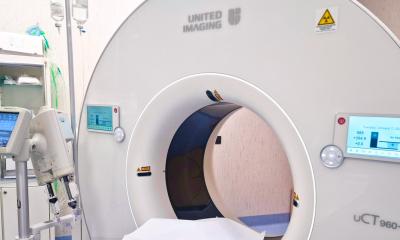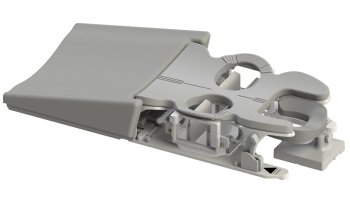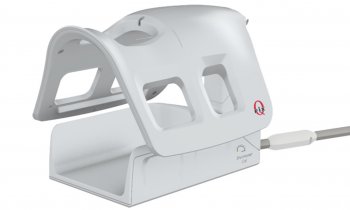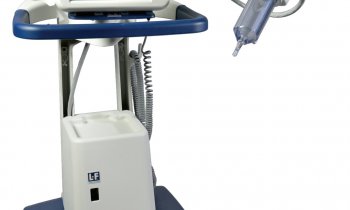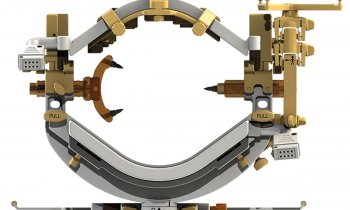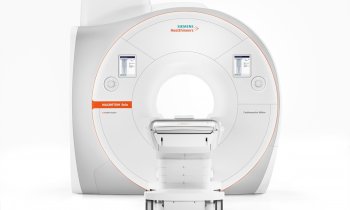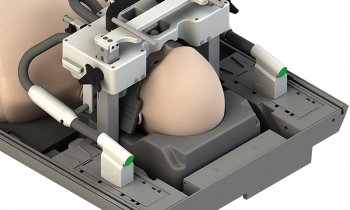Pacemakers, defibrillators and MRI
Scans are possible for some implant patients
Not such a rare situation: A patient is due for an MRI scan to clarify a diagnosis. However, it transpires that this patient is fitted with an implant, say an implantable cardioverter defibrillator (ICD), which is contraindicated for MRI examinations.
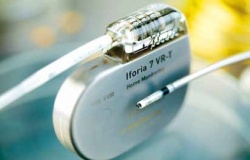
The strong magnetic fields of the MRI scanner can trigger malfunctions in the ICD, or increase or heat up the tip of the probes positioned in the cardiac muscle. Manufacturers have acknowledged this problem and are now developing devices that do not incur any damage during MRI exams and do not impact on the patient.
Annually, the number of patients who need ICDs increases between 10% and 15%. At the same time, the number of MRI scans worldwide is increasing by around 10% each year. Between 2006 and 2010 alone, the number of MRI examinations increased from around 30 million to 50 million. ‘The probability that a patient with an ICD may require an MRI examination based on these figures increases up to 75%,’ explained Professor Wolfgang Rudolf Bauer, cardiologist, physicist and consultant at the Medical Clinic and Polyclinic I, at Würzburg University Hospital, Germany. Speaking during a press event held by Biotronik in Mannheim this April, he added: ‘The main problem is the high frequency field of the MRI scanner.’
With colleagues, Prof. Bauer was involved in the development of the Biotronik ProMRI system, which enables, under certain conditions, examination of patients fitted with pacemakers or defibrillators.
At the end of March the firm received CE certification for its Iforia product range (ICD and implants for cardiac resynchronisation therapy (CRT-D), which, combined with ProMRI technology, is also licensed for MRI. However, it should be noted that certain conditions must be met and monitored before an MRI scan can be performed. The implants were only tested for certain MRI scanners, namely 1.5-Tesla devices. Furthermore, no changes must be carried out to the tomograph, such as the addition of more local transmission coils. Prior to an MRI scan the implant has to be programmed into a certain MRI mode. Therefore, not all treatment functions are available during the exam – in the case of the ICD, for instance, the MRI programming mode disables the defibrillation function.
Advice: A specialist cardiologist should be consulted as a matter of principle prior to any impending MRI examination of a patient with cardiac implants. Source: Morgan Stanley, ICD market 1996 – 2009
06.05.2013




